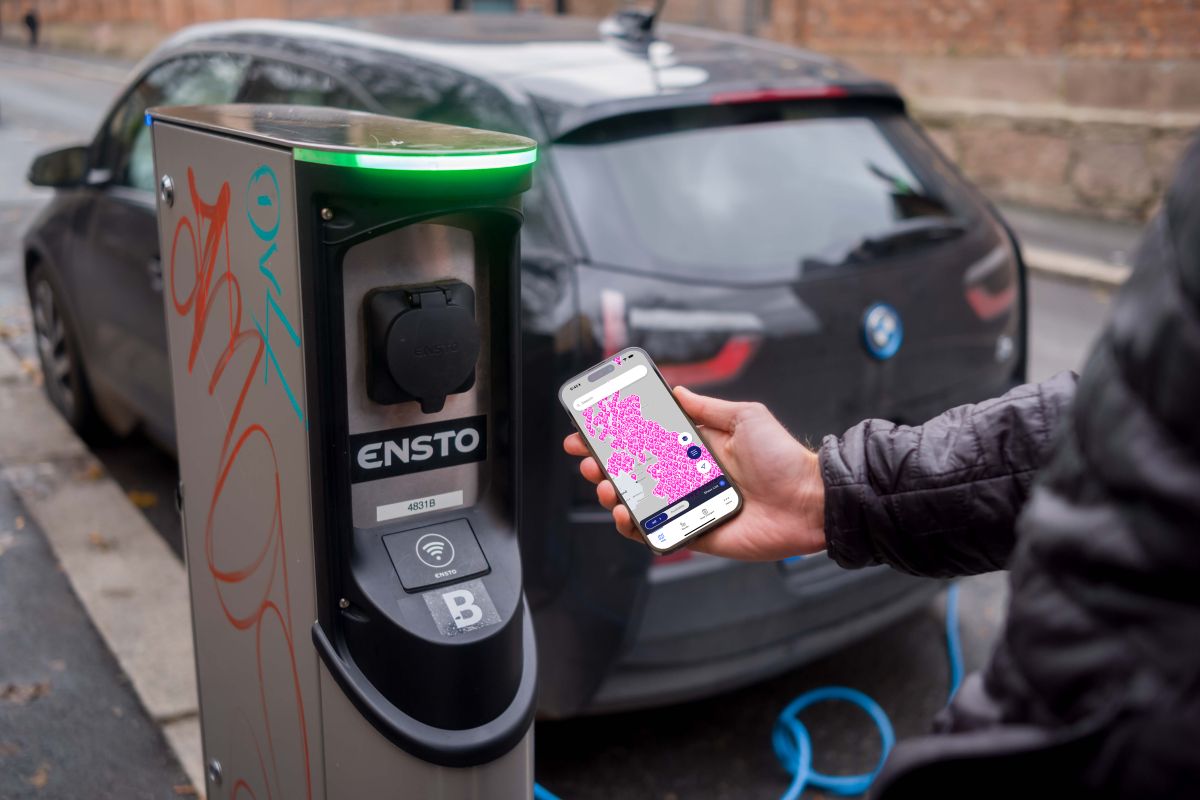TL;DR
David Lewis from MoveEV discusses the need for corporate engagement in electric vehicle (EV) adoption to reduce emissions and save costs, emphasizing the importance of transitioning away from gas cars. The blog highlights how MoveEV offers tools and education to facilitate this shift while addressing the changing car-buying landscape.
- Niall Riddell, CEO & Co-founder at Paua & co-host Chris Sass talk to David Lewis, Founder and CEO of MoveEV about ‘How to save money catch up with European EV adoption’.
- Link in blog to full episode
The MoveEV mission - to partner with corporations and municipalities to promote the use of EVs and reduce commuting emissions.
Reducing corporate emissions and engaging with the services provided by MoveEV is David's core aim.
MoveEV gather information from various sources, analyse it, and provide recommendations for cost savings, operational improvements, and emissions reductions.
David is keen to highlight the different scopes of emissions and how they can be managed, with a focus on commuting to work as a significant area of impact. MoveEV offers a program to help corporations transition to electric vehicles, providing tools, surveys, and education to employees, with the goal of saving money on fuel and reducing emissions. The program does not involve selling cars but aims to facilitate change and help people make environmentally friendly choices.
Commuting to work alone in a car accounts for significant emissions, and the program offers benefits for both corporations and individuals interested in reducing emissions.
Commuting alone? That's a big problem!
Commuting alone in a car accounts for about 10% of all emissions in the US, and the aim is to reduce this by promoting the use of electric vehicles.
However, one question that arises is whether the problem is truly solved if a million gas cars are replaced by EVs but are still on the road being driven by someone else. The focus should be on ensuring that new cars sold are EVs, as this prevents additional carbon emissions and reduces the environmental impact.
Massachusetts has announced plans to ban the sale of gas cars by 2035, and there is a sense of urgency and support for this transition.
To facilitate the switch to EVs, companies like MoveEV are providing education and helping individuals and corporations find incentives and financial options to make EVs more affordable. The aim is to level the playing field by providing access to information and resources so that people can make informed decisions about EVs. The transition in the US can be expedited by involving corporations and municipalities and implementing benefit programs.
The total cost of ownership for gas cars, including fuel and maintenance, can be significant, but EVs offer cost savings, government incentives, and a reduction in environmental impact. The goal is to create a culture where electric vehicles become a part of the future and accelerate the adoption of EVs.
Buying a car in the US? The model is changing
The car buying experience in the US can be predatory and focused on maximising profit.
However, the model is changing as more OEMs move towards online sales for electric vehicles, offering a better customer experience. This shift also allows for more informed decision-making without commission pressure. The charging infrastructure for electric vehicles is being addressed through initiatives that prioritise environmental justice communities and improve air quality.
The availability of incentives, such as the federal government's $7,500 rebate, is impacting organisations like MoveEV, making EV adoption more attractive. While the transition may impact jobs in the current automotive industry, there is potential for new job opportunities in charging infrastructure repair and other areas.
The pace of change and the need for re-skilling
David believes that there will be a need for re-skilling in the future. The importance of making educated decisions, particularly in regards to choosing a vehicle is also important. When David came to purchase an electric vehicle he explored closely factors such as affordability, range, and charging infrastructure. The rapidly evolving EV market and the potential impact of EVs on emissions means that whilst there are huge challenges yet to be overcome, with the support from organisations such as MoveEV, we can all make a significant contribution to a cleaner future.
Listen to the full episode on Insiders Guide to Energy here.





